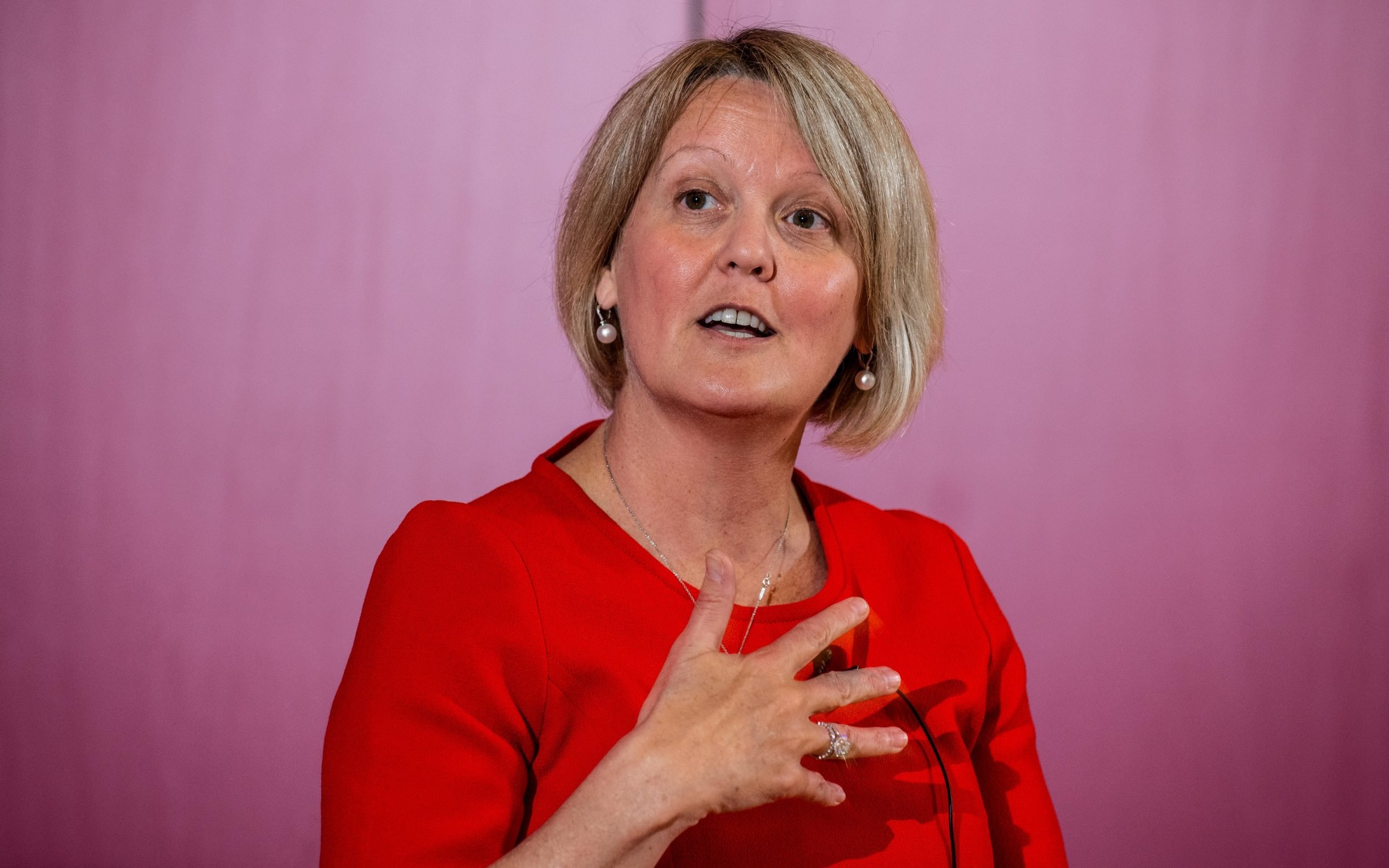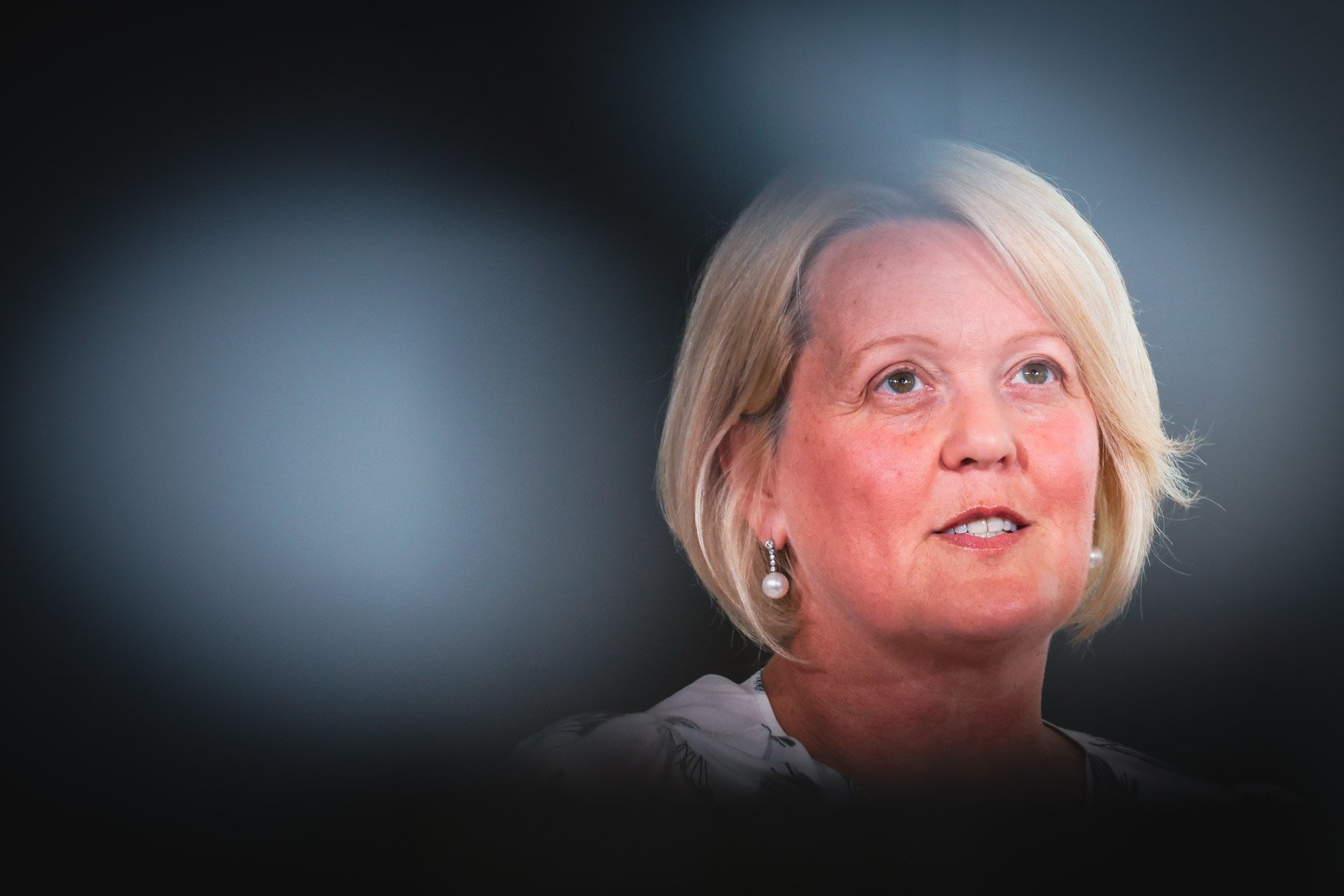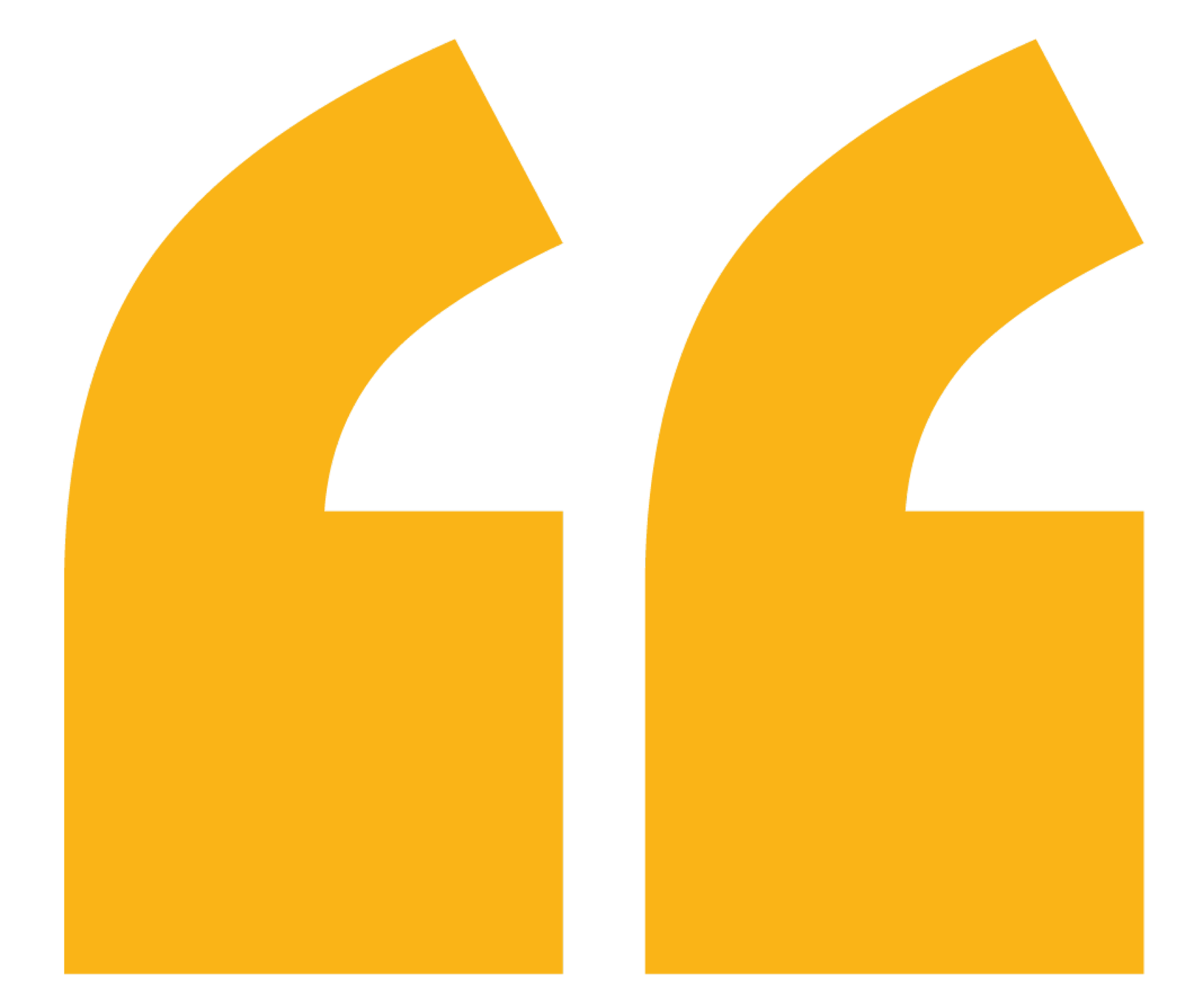
Episode #007
dame Alison rose
“Right team. Right culture. Common mission.”

Episode #007
dame Alison rose
“Right team. Right culture. Common mission.”
Available on Wednesday 28 August 2024
Listen and Subscribe
Right team. Right culture. Common mission.
“So we used to have something that we call Colosseum rules, that you have your fight in the Colosseum, but you walk out the door as a team.”
I often joke that AFL clubs recruit the most selfish human beings known to mankind - the eighteen-year-old male. Yet, the first value we seek to teach is selflessness.
Whilst this dimension has changed since the introduction of the AFLW, the challenge remains.
The player’s career will be defined by their capacity to make this transition from selfish to selfless. It is wonderful to watch it happen as young people grow. They become role players; recognising their value is not what they bring to the team, it is what they’re prepared to do for the team.
They learn that only one player can kick the goal, but it is the team that scores it.
As leaders, we are defined by our capacity to create the conditions that enable the group to perform at its best, and there is no better measure than building a culture and a common good so compelling that individuals know, accept and play their roles in a team and all of its expectations.
I sometimes wonder about the application of this mindset beyond the sporting field. Its importance however was emphasised in my conversation with Dame Alison Rose DBE, our guest on episode #007 of ‘In the Arena’.
Dame Alison Rose DBE was formerly the NatWest Group's CEO and the first woman appointed to this role. With operating revenue of £6 billion, assets of £693 billion and 61,500 employees and 19 million customers, she led in one of the highest stakes environments in business.
“It can be a very individualistic kind of culture if you're not careful. And so, for me, it was always about bringing the right team with the right culture on a common mission”, says Alison.
“I used to cox rowing teams. You'd have eight highly competitive individuals in a boat. And if you got them all moving in the same way, this boat would sing, and it would fly. It was amazing. And you could tell the difference between when it was working and when it wasn't. But each of those individual people had to be motivated in a different way. And that's true of corporate teams.”
“It was the thesis I had on the multiple teams I've built throughout my career. Always hire people better than you. A sign of a weak leader is when you push talent down. So, you should never be intimidated by talent. You hire the best people, people who are better than you, because you want collective skills in your team.”
“Be very clear on the culture you want to create. So mutual respect is really important, creating a team that can build trust”.
“You've got very high-performing individuals with generally high egos, and therefore, you have what I would describe as good fights. People will approach a problem from very different perspectives based on where their starting point is, have obscure ideas and being able to allow people to disagree without it becoming personal. That means you can have the best ideas and challenge each other. You want constructive challenge.”
“But then when you walk out the door, you walk out the door as a team. So the final part of that equation is you win and lose as a team. So we used to have something that we call Colosseum rules, that you have your fight in the Colosseum, but you walk out the door as a team with the direction you're going.”
“Then if you get it wrong, you course correct really quickly. And you understand the risks of the decision you're making, and there's no blame culture. So people are then very comfortable to be able to come back and say, we tried this, it didn't work for this reason, and they don't suddenly get eviscerated. And so that was always how I tried to build the teams.”
“And then, at the end of the day, as the leader, I stood in front of them. So if we won, the team won, if we lost, you know, I stood in front of them.”
I feel so privileged to have this conversation with a leader who has wonderful insights from a truly lived and unique leadership experience at the highest level, with all of its highs and lows, and with the generosity to share the lessons and learnings. This is a special episode, particularly for CEOs and those aspiring to be.
Grab a pen and notebook, take the time, this is a rich offering from a very generous leader.
Enjoy!
Play on!
Cam
Cameron Schwab
Video Shorts - Some key lessons from the podcast
Leadership is the difference maker
To embrace the expectations of your role, welcome the responsibilities and pressures as a privilege, a right you have earned, and be energised by the opportunities they provide.





